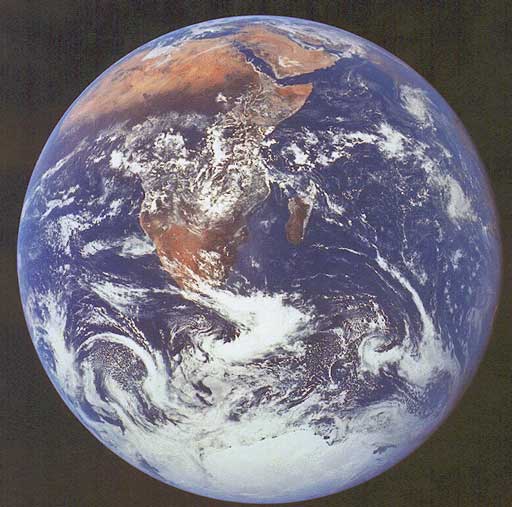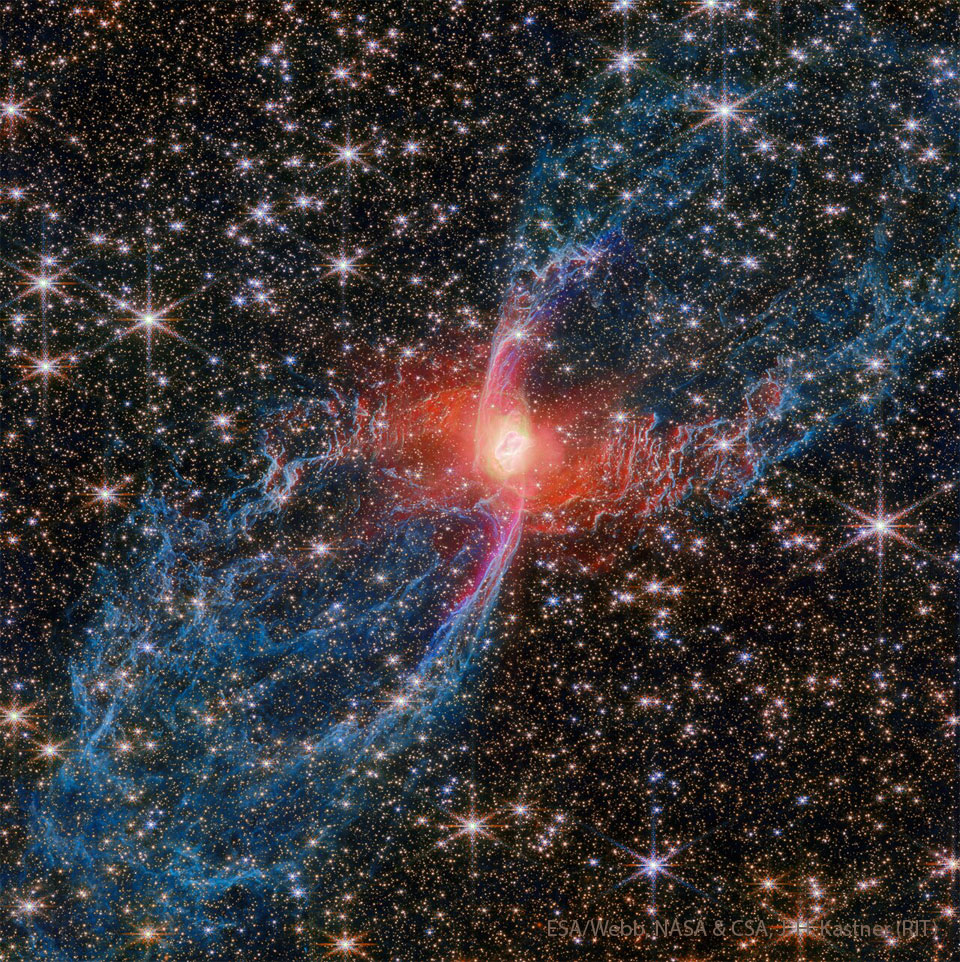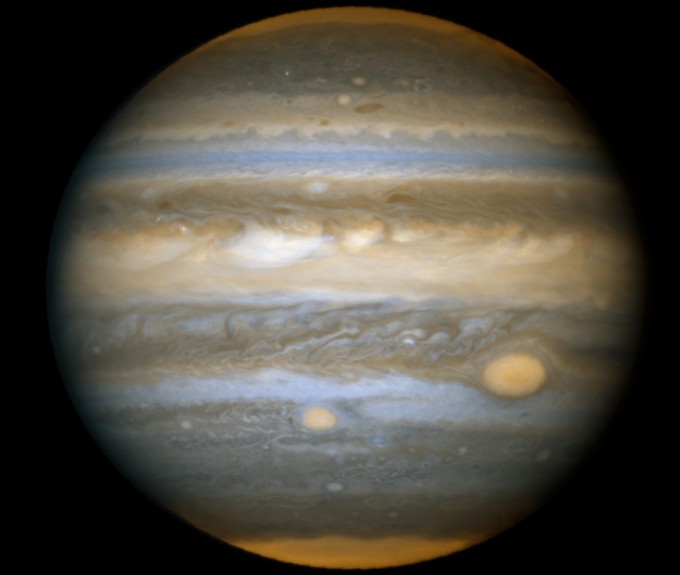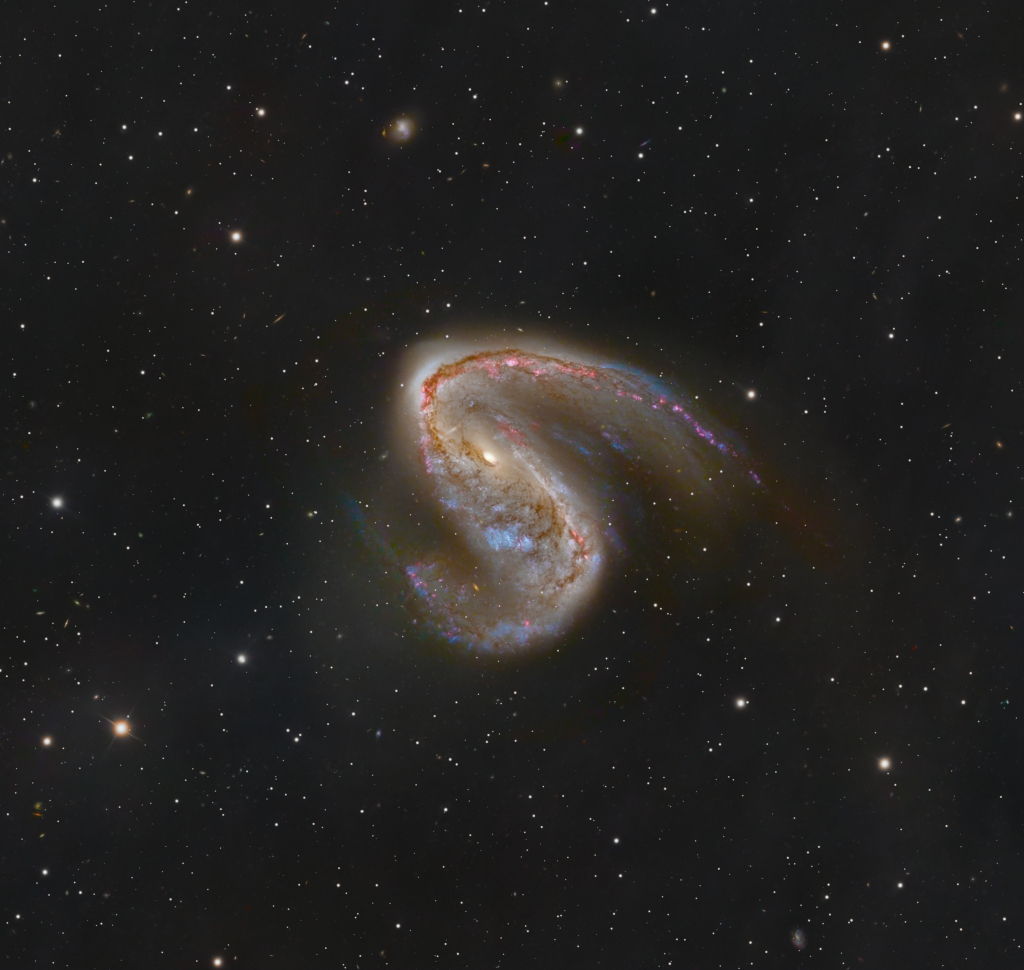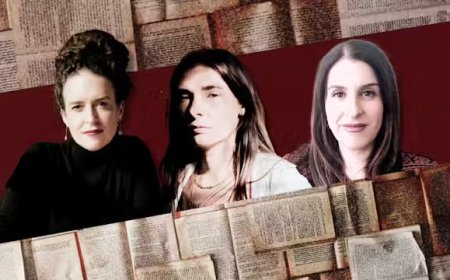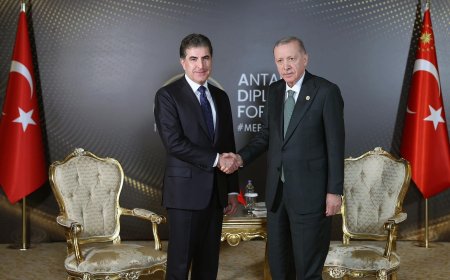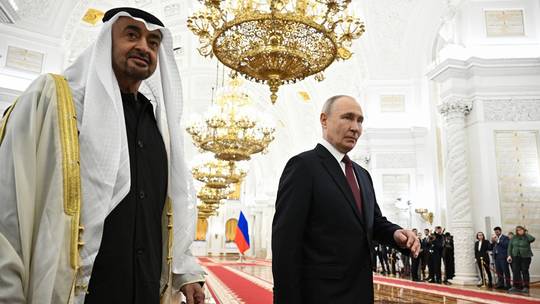From Revolution to Reconciliation: The Barzani Legacy of Hope and Leadership
By: Halat Laz
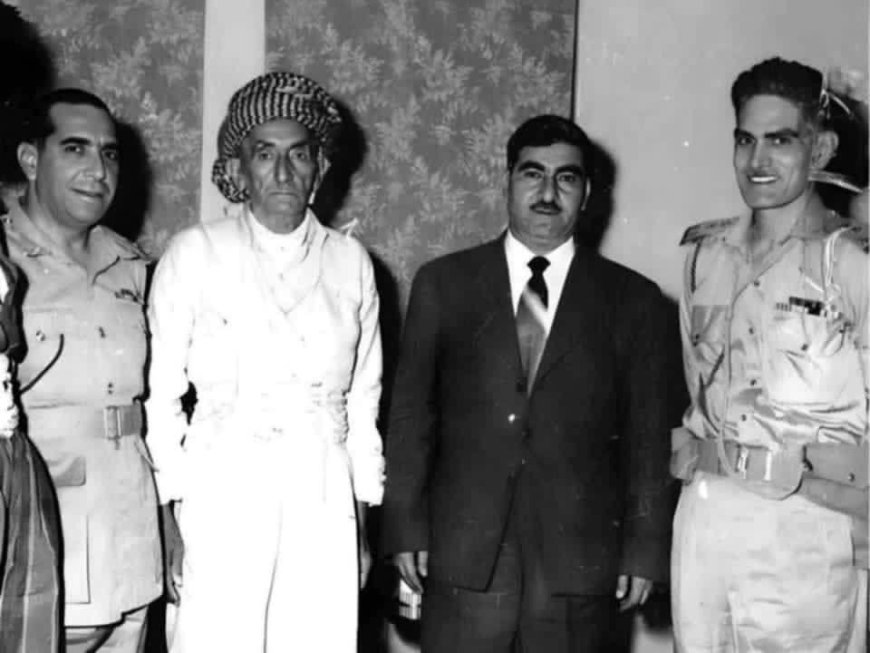
In the scorching heat of July 14, 1958, Iraq underwent a seismic shift. The Hashemite monarchy was toppled, and with it came a new republic, led by General Abdul Karim Qasim. Tanks replaced royal parades, and Baghdad’s skyline transformed overnight from a kingdom’s capital to a revolutionary epicenter. For many, it was the promise of sovereignty. But for the people of Kurdistan, it was the moment they had been waiting for: the return of Mullah Mustafa Barzani.
Barzani’s reappearance, after more than a decade in Soviet exile, was more than a political development, it was a resurrection of hope. Having led the short-lived Republic of Mahabad in 1946, and escaped death by retreating through the highlands to the Soviet Union, Barzani returned to Iraq with hundreds of loyal fighters. He was met not only with celebration, but with expectation. For Kurdistanis, he wasn’t just a commander, he was the soul of a nation in search of its rightful place.
Barzani’s 1946 proclamation rang louder than ever:
“I call equally on both Kurdish and Arab peoples to cooperate with each other, and unify their struggle against a common enemy, imperialism and its agents.”
Documents from the era reveal the deep roots of this call. The Kurdish national movement, galvanized by imperialist oppression and the betrayal of Arab nationalist promises, found new urgency in the wake of the July Revolution. Internal party memos, preserved and translated, paint a vivid picture of those years. They speak of the struggle to unify all parts of Kurdistan, from Iraq, Iran, Turkey, and Syria, into a single voice against colonial divisions. They outline efforts to engage the Soviet Union, to create a Kurdish broadcast that could counter propaganda and raise consciousness. And they call, again and again, for Barzani’s voice, for his influence, his leadership, his ability to rally hope and discipline.
Yet that era was also marked by disappointment. While the revolution promised a republic for Arabs and Kurds alike, Baghdad’s ruling circles grew suspicious of the Kurdish cause. Reactionary forces exploited gaps between movements. The revolutionary potential of the Kurdish national project was repeatedly misread, misunderstood, or manipulated by ideological factions within Iraq. As imperialist plots intensified, so did internal rifts. The lack of a clear alliance, the failure to recognize the Kurdish movement as an organic and legitimate liberation front, created cracks that would widen into conflicts.
But what endured was Barzani’s name, a name etched into the memory of every village in the mountains of Kurdistan. As students abroad wrote letters to him in reverence, and as party officials called on him to guide the people out of despair, one truth became evident: Mullah Mustafa was no longer just a man, he had become a symbol.
Today, that symbol finds new form in President Nechirvan Barzani, the grandson who has inherited more than a name. Leading the Kurdistan Region through an era of geopolitical fragility and global uncertainty, Nechirvan Barzani has embraced his grandfather’s legacy, while carving a distinct path of his own. Where Mullah Mustafa fought with rifle in hand, Nechirvan seeks peace with diplomacy.
In regional summits and international forums, Nechirvan Barzani carries the weight of a history forged in fire and exile. Yet, his voice is calm, measured, and forward-looking. He speaks of coexistence, of religious tolerance, of unity within diversity. Under his leadership, the Kurdistan Region has not only become a model of relative stability, in a volatile Middle East.
Nechirvan’s pursuit of peace is not the absence of struggle, but the transformation of it. It is the echo of 1946, adapted for a modern world, a call not just to resist, but to rebuild. His vision is one where Kurdistan no longer pleads for recognition, but earns it through contribution, through bridge-building, and through unwavering commitment to justice.
Just as Mullah Mustafa faced the challenge of uniting fractured Kurdish fronts in the face of imperialist interference, Nechirvan Barzani today navigates the complexities of intra-Kurdish tensions. Most recently, his leadership has been central in calling for the end of armed conflict involving the PKK. With the safety of civilians in mind, and the sovereignty of Kurdistan at stake, Nechirvan has urged all sides to resolve disputes through dialogue, not force. His stance mirrors his grandfather's legacy: bold, but measured, rooted in the belief that unity among Kurds, not division, is the path forward.
The spirit of that day still lingers, a reminder that revolutions are not only about toppling regimes, but also about awakening identities long suppressed. It was the moment the Kurdish cause stepped into the political mainstream, not as a footnote, but as a force shaped by sacrifice, history, and hope.




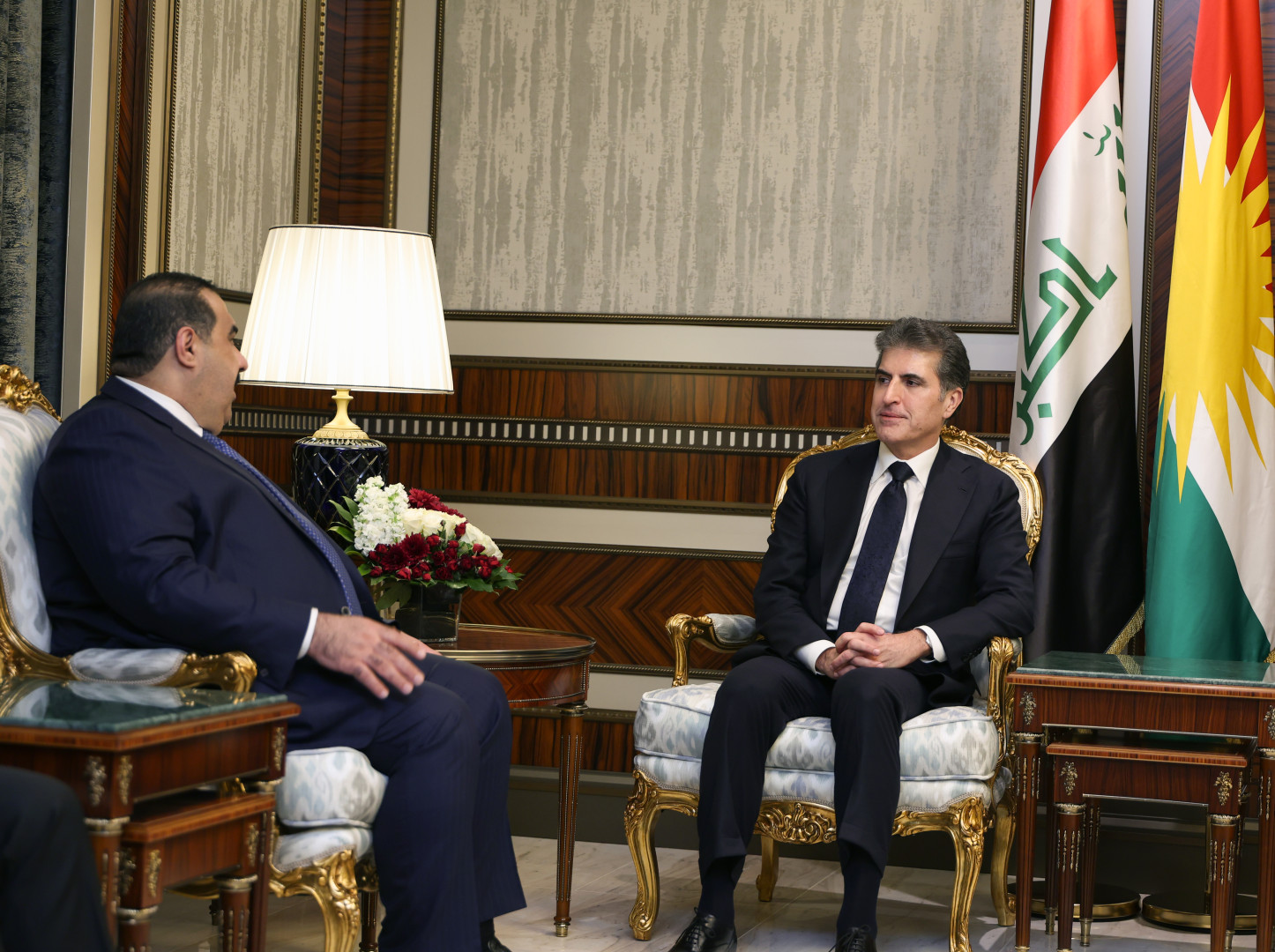
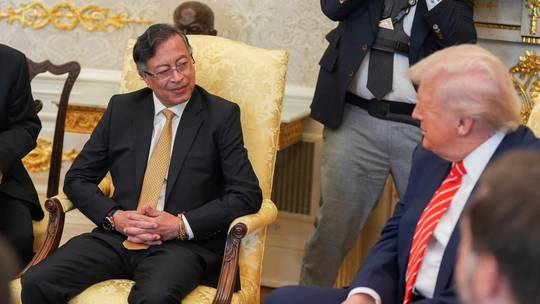




/file/attachments/orphans/GettyImages-173171038_666041.jpg)








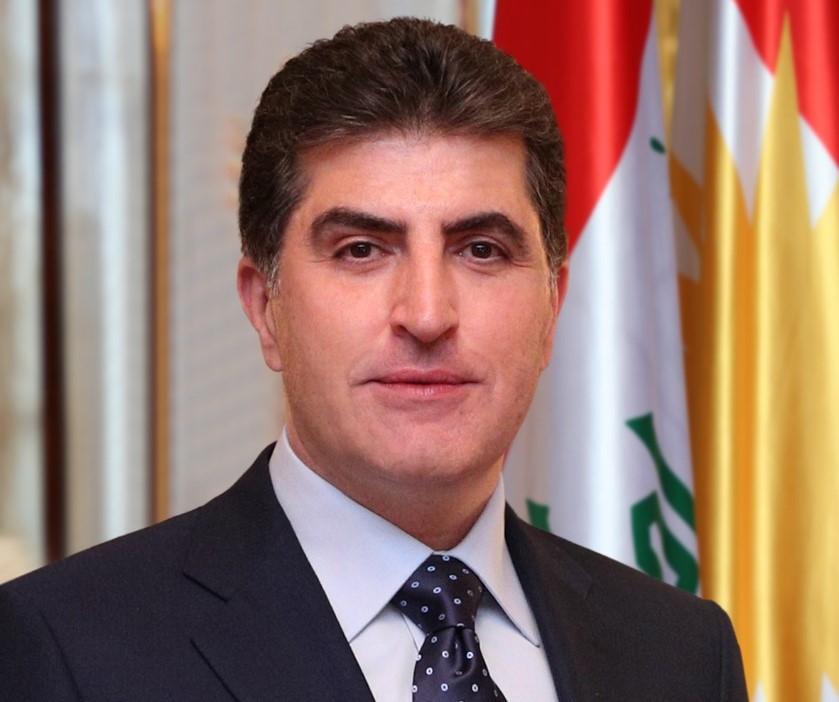


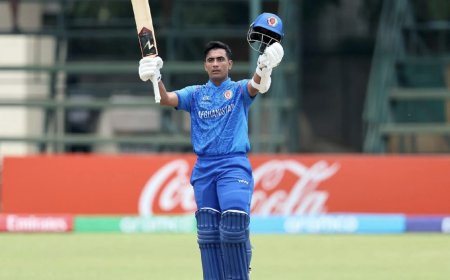
/file/attachments/orphans/IMG_9103_429753.jpeg)






